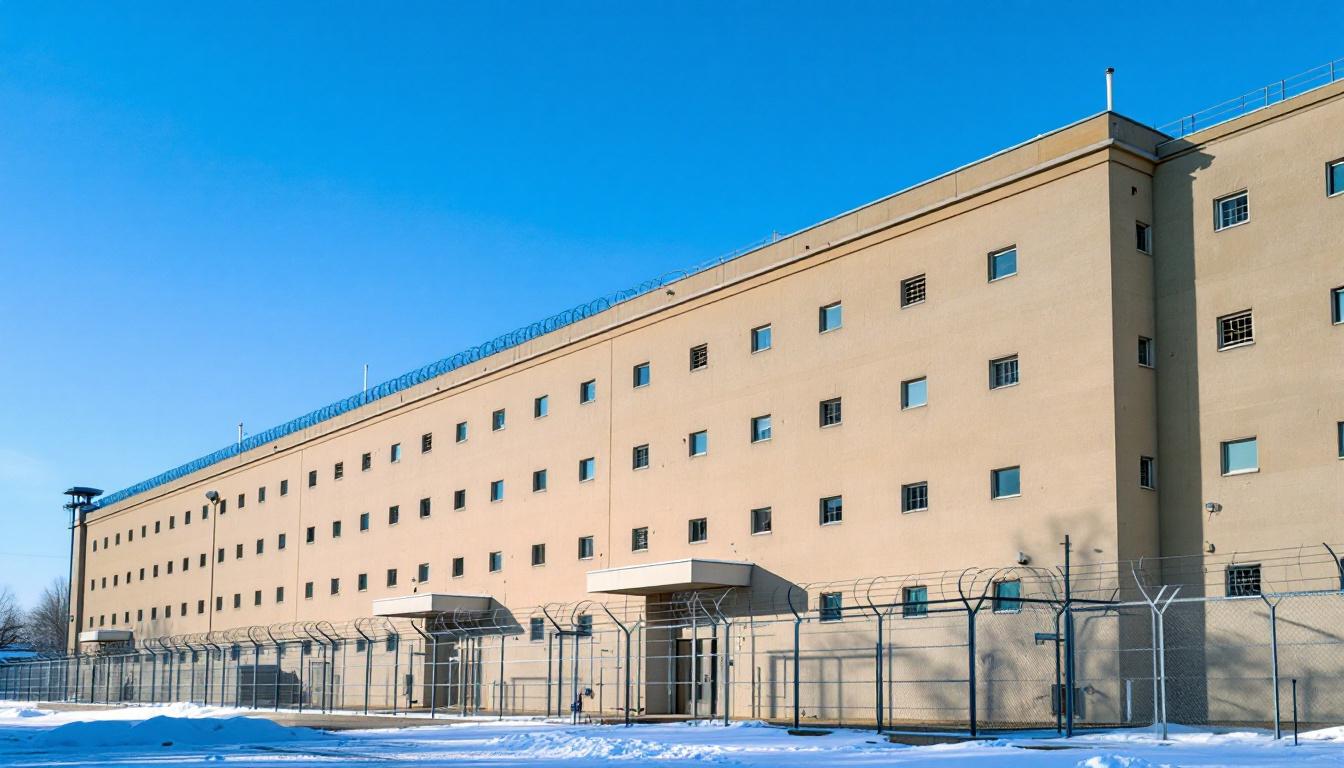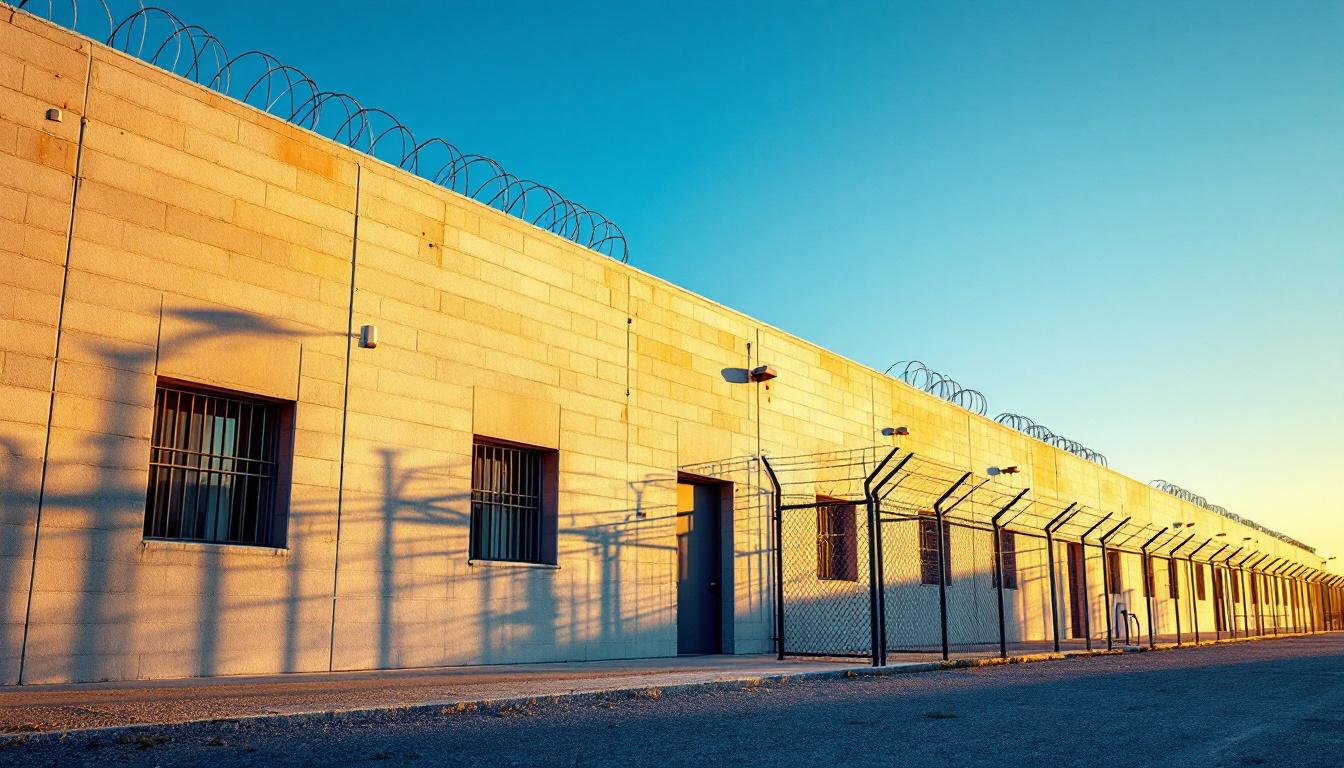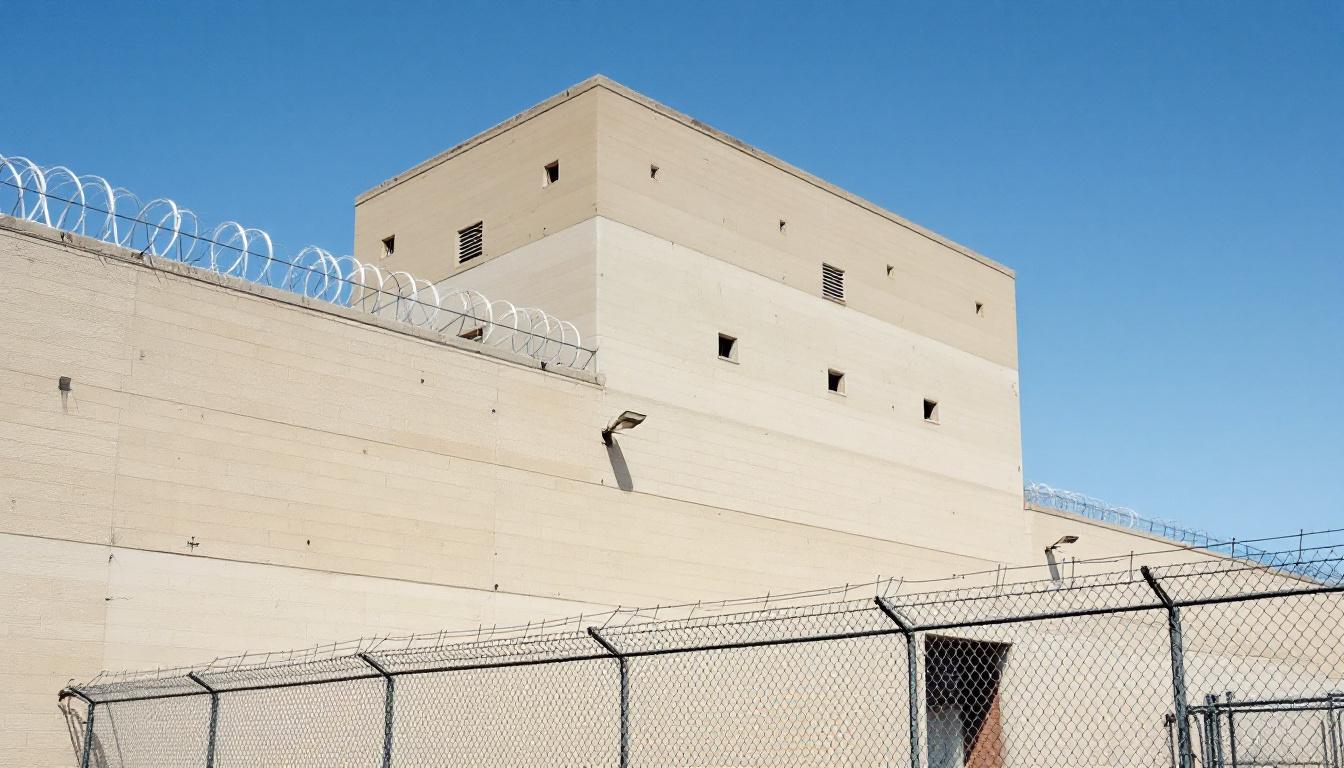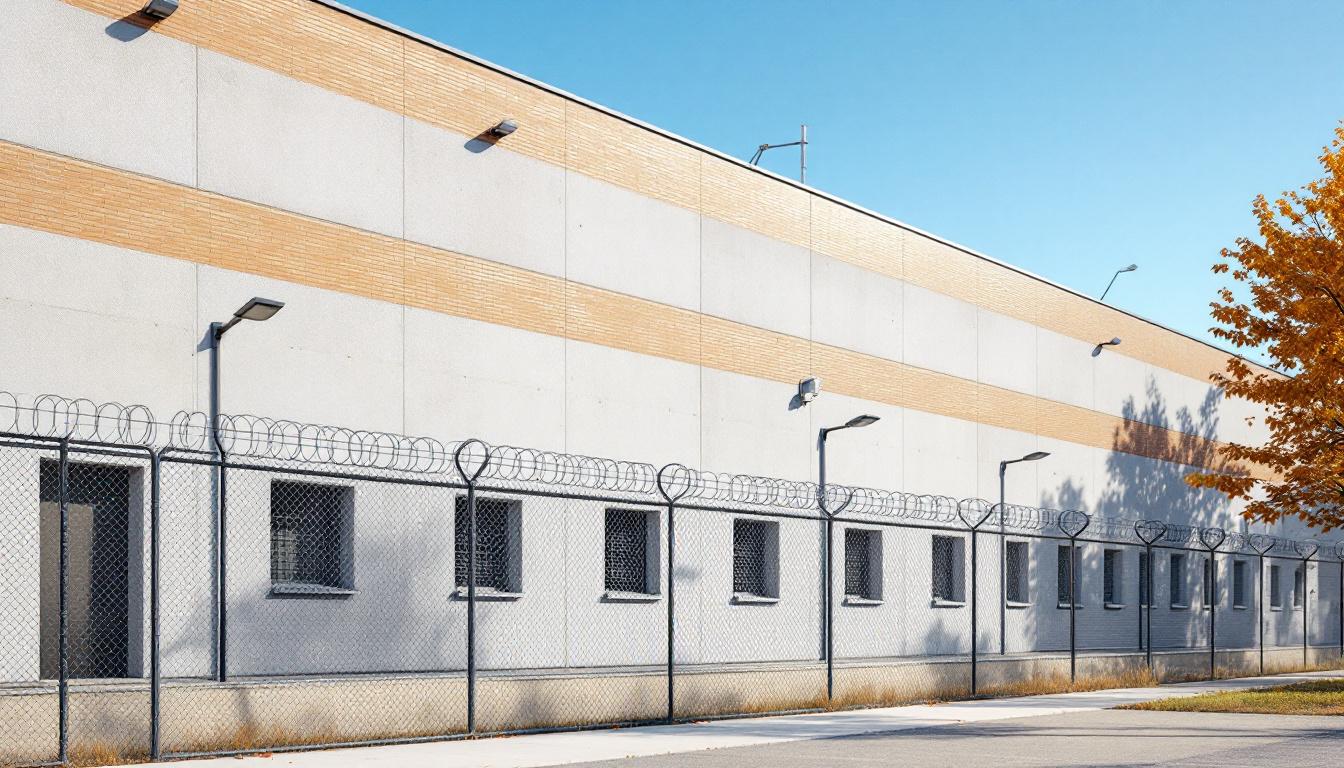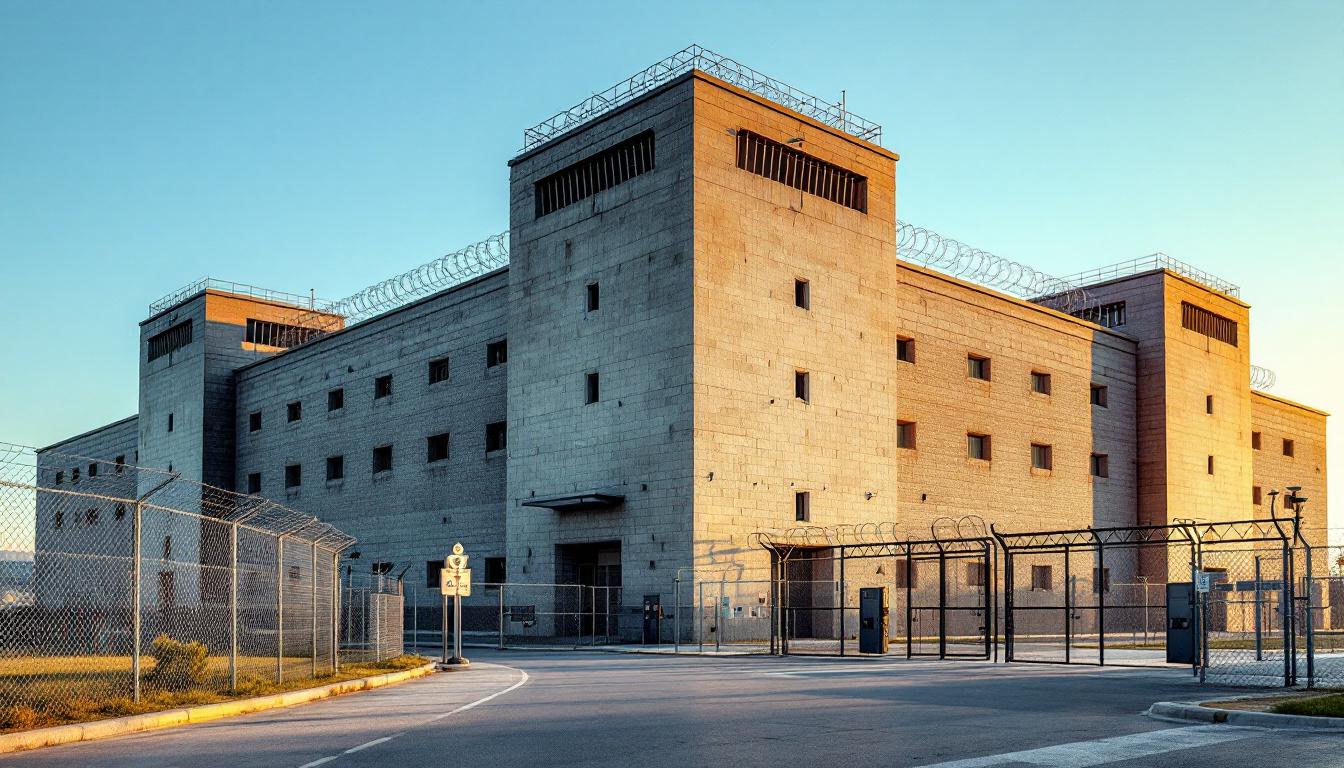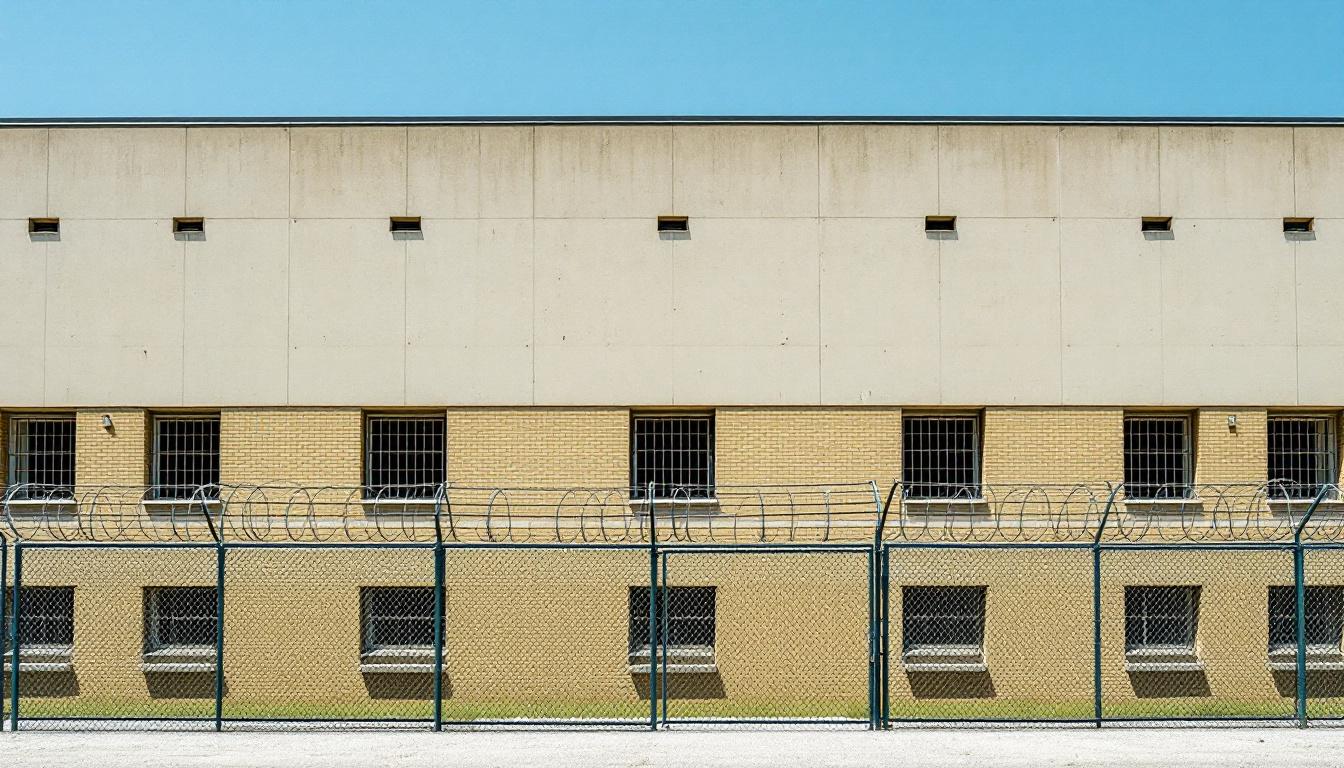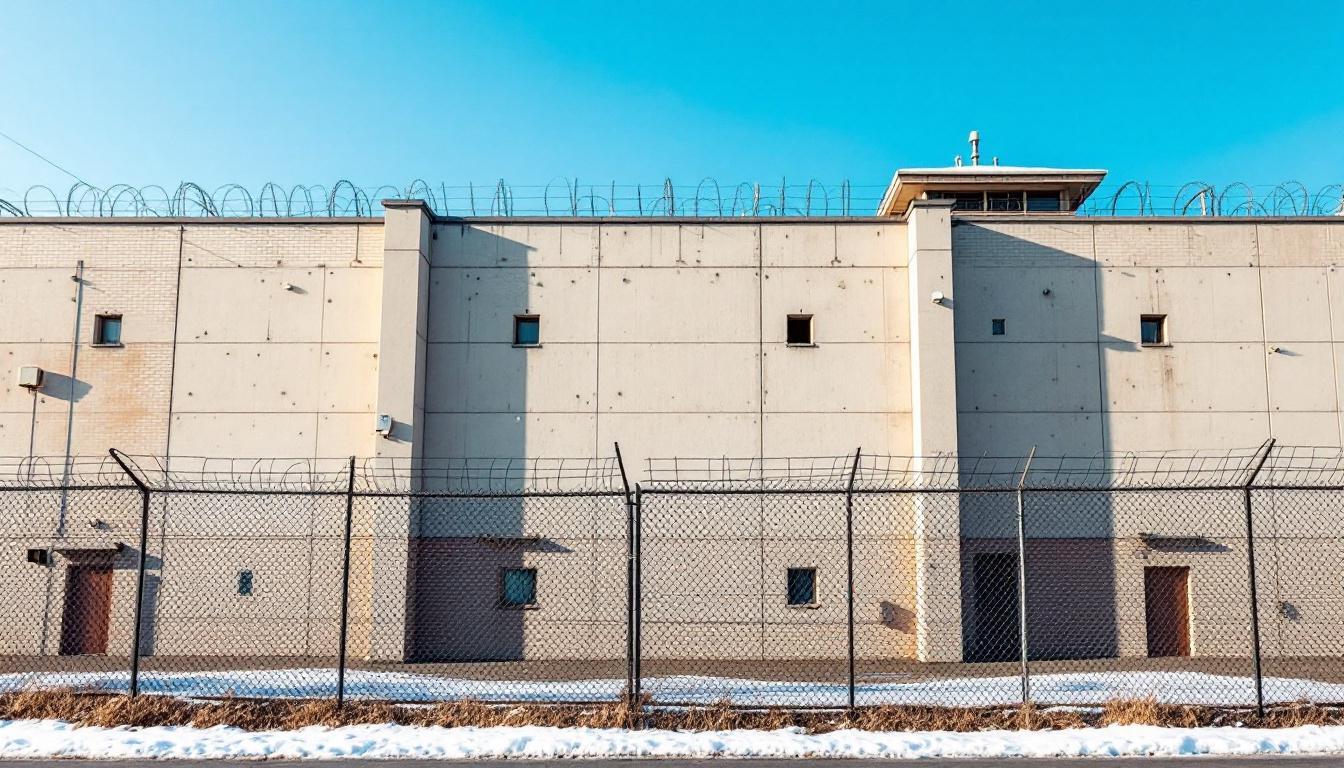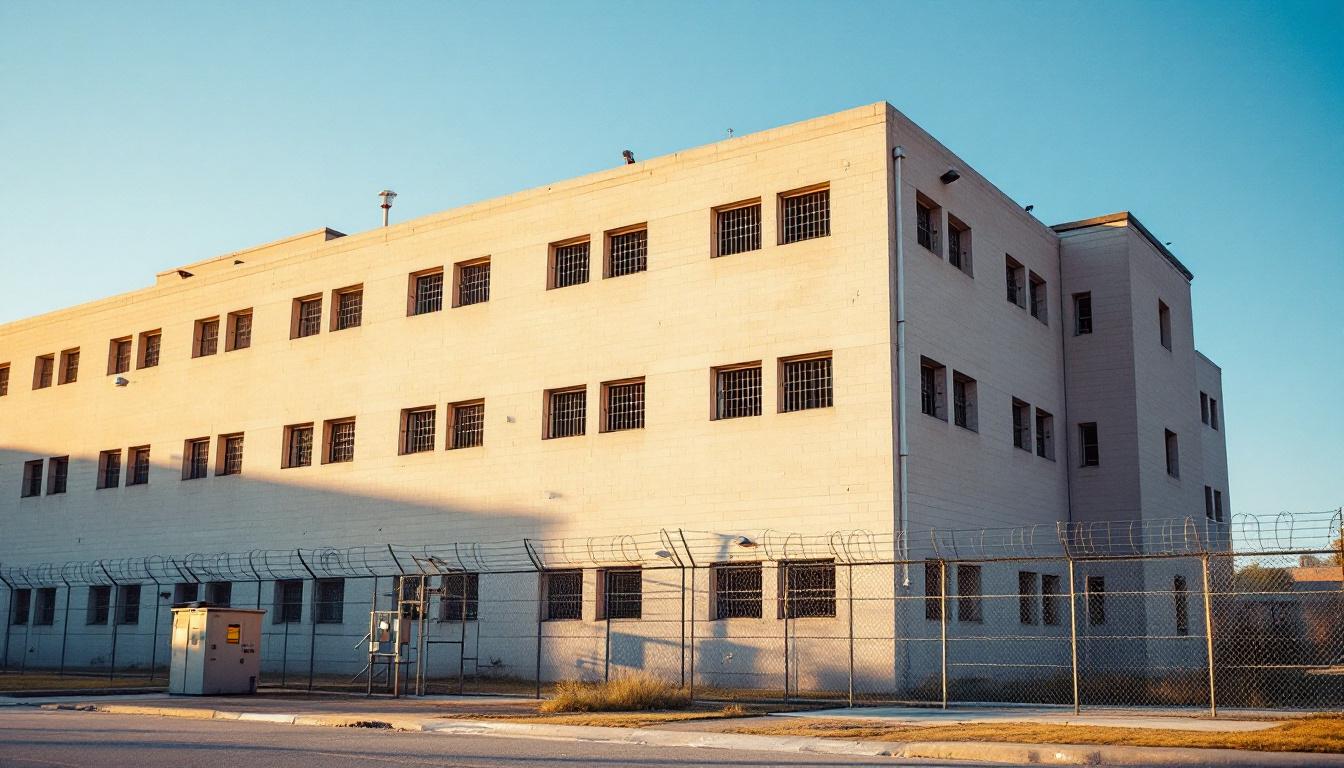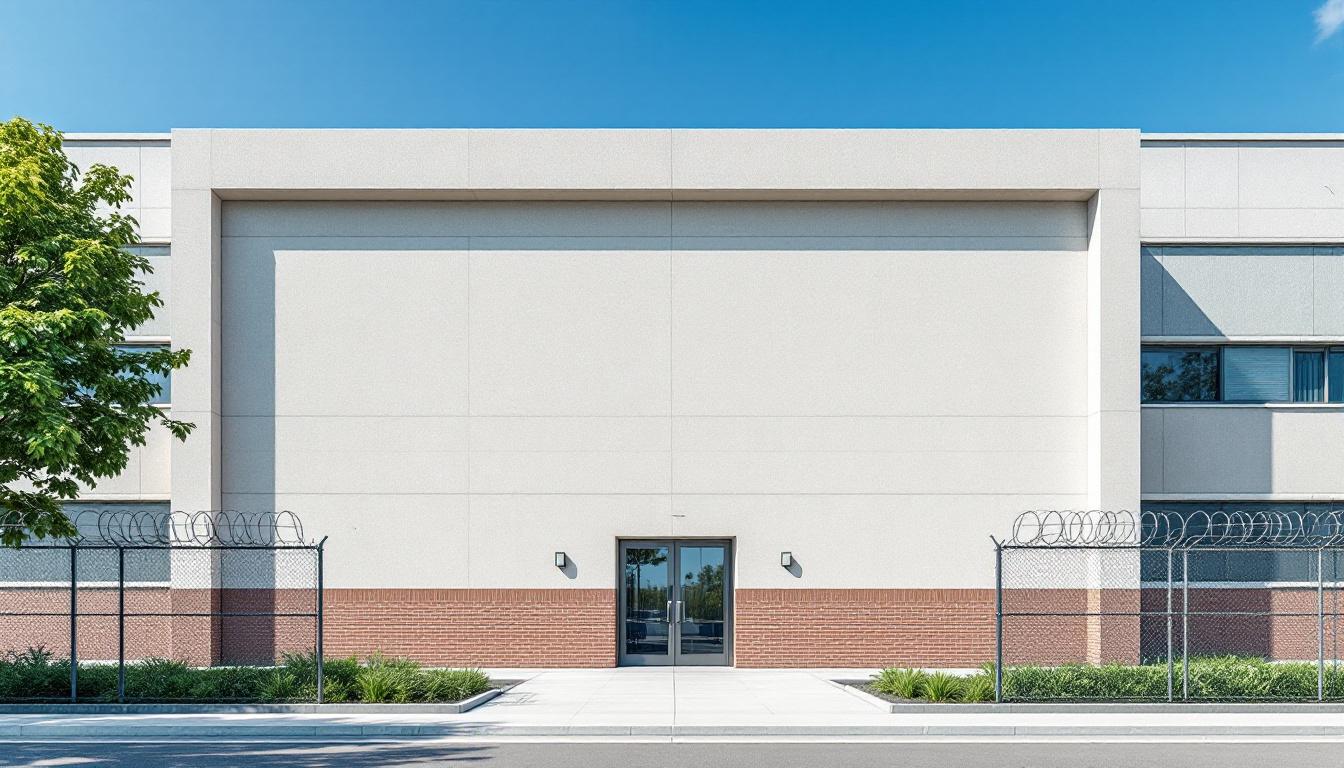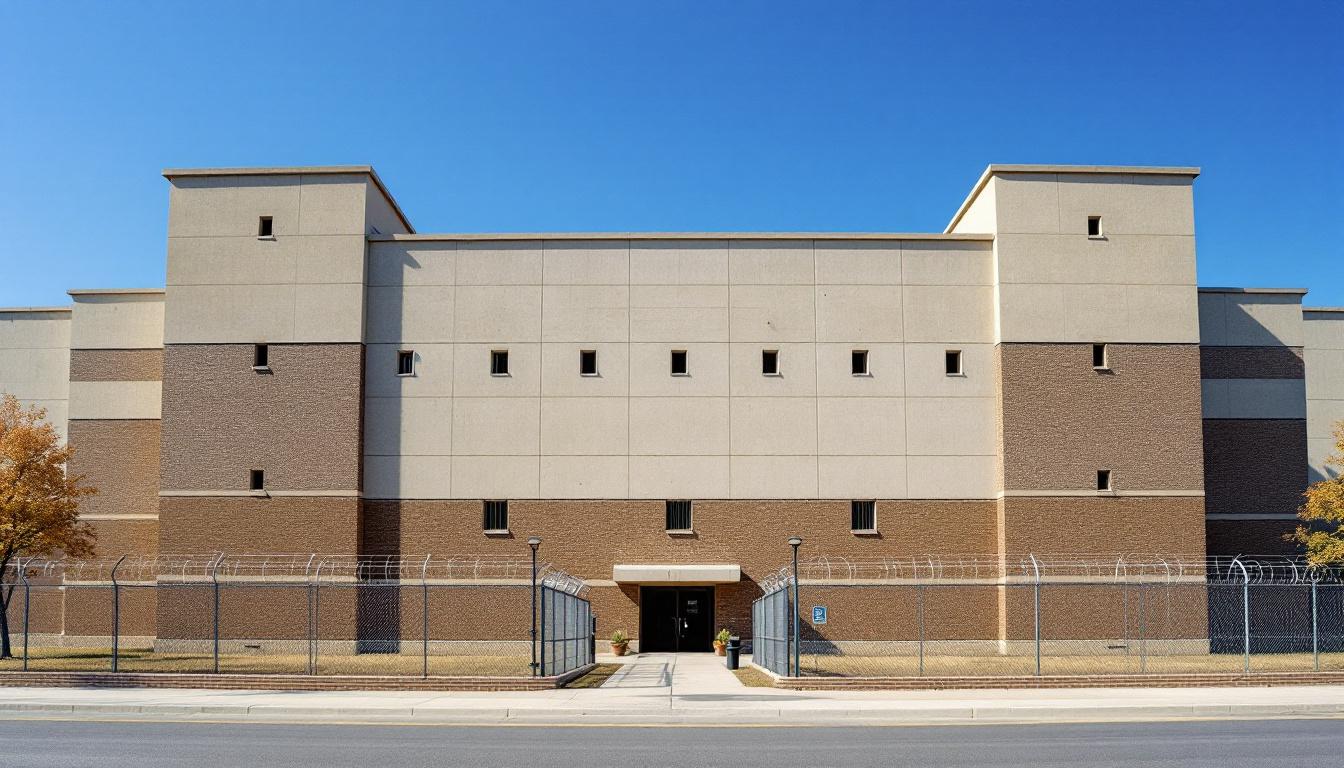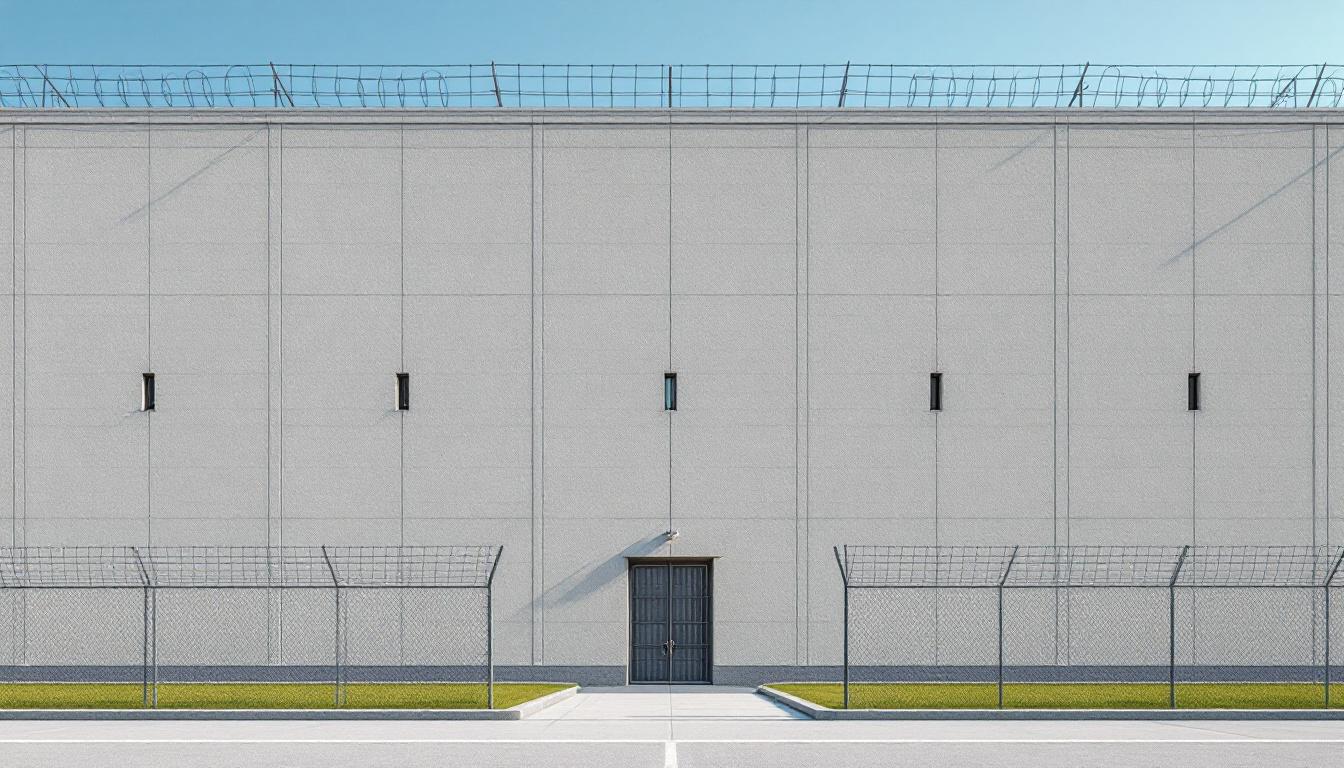
Quick Navigation
How to contact an inmate at White County Detention Center
This comprehensive guide will walk you through how to connect with an inmate at White County Detention Center. Follow the steps below to find an inmate and send letters and photos:
- Search for the inmate using our search tool below
- Create your account or log in to Penmate
- Write your message (up to 6,000 characters)
- Send instantly - inmates receive printed copies daily
Find an Inmate
Search for an inmate to start communicating today
Tip: You can search by first name, last name, or inmate ID number
To contact a person at White County Detention Center start by searching for the person on the official facility website. Perform a search by following these steps:
- Step 1: Enter their first name and last name into the search form and click "Search"
- Step 2: Locate their inmate record
- Step 3: Write down their Inmate ID and any housing information provided
Important! Be sure to enter the person's full name. Nicknames should not be used.
How to Send Messages to Inmates

You can use your phone or computer to send emails, letters, and photos to an inmate. Messages are sent electronically to inmate tablets or kiosks at the facility. If you would like to send a message, start by searching for an inmate at White County Detention Center.
Sending Photos and Postcards

A great way to send love and support to a loved one at White County Detention Center is to send photos and postcards. It only takes a few minutes to send photos from your phone and it makes a huge difference. You can also mail postcards with words of support and inspiration, or design your own postcard for special moments like birthdays and holidays.
Important! Be sure not to send any explicit photos or they may not be approved by the facility. You can also use a photo printing app like Penmate to make sure your photos are printed at the correct size (4x6 or 3x5) and are mailed according to the rules and regulations of White County Detention Center.
Frequently asked questions about White County Detention Center
-
How long does it take to deliver a message?
If you're sending an email message your letter is usually delivered within 24-48 hours. For messages sent via mail you should expect delivery within 3-7 days. All messages will need be approved by White County Detention Center.
-
How much does it cost to send a message to White County Detention Center?
You can send a message free using your phone or mail a message via USPS for the price of a $0.60 stamp and envelope. You can also purchase credits or e-stamps from services starting at $1.99.
-
What services can I use to contact an inmate at White County Detention Center?
Penmate
You can use Penmate to send letters and photos to an inmate from your phone. It's an easy way to stay in touch during your loved one's incarceration. Use the inmate locator to find an inmate's location and contact information, then you can send messages within a few minutes.
Securus messaging
Securus may be another option for communicating with an inmate at White County Detention Center. You can create a friends and family account and purchase credits to send messages. All messages will be reviewed and must be approved by the facility.
JPay
Some county jails and state prisons may support sending messages with JPay. You must register an account with the system, find your loved one, and purchase stamps to send messages. For some locations you can also attach photos.
Smart Jail Mail
You may also check if Smart Jail Mail is available at White County Detention Center. Smart Jail Mail is operated by Smart Communications and has contracted with some state and county jails. After purchasing credits, your messages and photos are sent to the facility, printed out, and then handed out to your loved one.
-
What is the mailing address of White County Detention Center?
Mailing address:
White County Detention Center
1210 Hulsey Rd
Cleveland, GA 30528
Phone: (706) 865-5177 -
What are the visiting hours at White County Detention Center?
Visiting hours at White County Detention Center vary by housing unit and security level. Generally, visits are scheduled on weekends and holidays, with some facilities offering weekday visits. Contact the facility directly at (706) 865-5177 or check their website for the current visiting schedule. Visits typically last 30-60 minutes and must be scheduled in advance.
-
What items are prohibited when sending mail to White County Detention Center?
Prohibited items typically include: cash, personal checks, stamps, stickers, glitter, glue, tape, staples, paperclips, polaroid photos, musical or blank greeting cards, hardcover books, magazines with staples, and any items containing metal or electronics. Only send letters on plain white paper with blue or black ink. Photos must be printed on regular photo paper (no Polaroids). Always check with White County Detention Center for their specific mail policies.
-
How do I send money to an inmate at White County Detention Center?
You can send money to an inmate at White County Detention Center through several methods: 1) Online using JPay, Access Corrections, or the facility's approved vendor, 2) Money orders mailed directly to the facility with the inmate's name and ID number, 3) Kiosks located in the facility lobby, or 4) Over the phone using a credit or debit card. Fees vary by method, typically ranging from $2.95 to $11.95 per transaction.
-
Can I schedule a video visit with an inmate at White County Detention Center?
Many facilities now offer video visitation as an alternative to in-person visits. At White County Detention Center, video visits may be available through services like Penmate, Securus Video Connect, GTL, or ICSolutions. Video visits typically cost $10-20 for 20-30 minutes and must be scheduled in advance. You'll need a computer or smartphone with a camera and reliable internet connection. Contact the facility for their specific video visitation policies and approved vendors.
-
What identification do I need to visit an inmate at White County Detention Center?
All visitors must present valid government-issued photo identification such as a driver's license, state ID, passport, or military ID. Minors must be accompanied by a parent or legal guardian who can provide the minor's birth certificate. Some facilities require visitors to be on the inmate's approved visitation list, which may require a background check. Contact White County Detention Center for specific ID requirements and visitor approval procedures.
-
How can I find out an inmate's release date?
To find an inmate's release date at White County Detention Center, you can: 1) Use the online inmate search tool if available, 2) Call the facility's records department, 3) Contact the inmate's case manager or counselor, or 4) Have the inmate provide this information during a call or visit. For privacy reasons, some facilities only release this information to immediate family members.
Facility Overview
Contact Information
White County Detention Center1210 Hulsey Rd
Cleveland, GA 30528
Phone: (706) 865-5177
Official Website

About White County Detention Center
Serving the criminal justice needs of White County and surrounding areas, the White County Detention Center, GA operates with a fundamental commitment to public safety while maintaining secure custody of individuals awaiting trial or serving shorter sentences. Located in Cleveland, Georgia, this GA correctional facility functions as an integral component of the region's law enforcement infrastructure, working alongside local courts and agencies to ensure effective case processing and community protection.
Through collaboration with various community organizations and service providers, the facility typically emphasizes structured daily routines that may include educational opportunities, substance abuse programming, and mental health support services. Those incarcerated services often encompass basic medical care, library access, and visitation programs designed to maintain family connections during detention periods. The detention center generally operates under established protocols that balance security requirements with constitutional standards, while staff members work to create an environment that supports both safety and potential rehabilitation outcomes.
Cleveland's location in the foothills of North Georgia positions this detention center within a region where community partnerships often play a vital role in successful reintegration efforts. The facility may coordinate with local faith-based organizations, educational institutions, and workforce development programs to provide resources that can benefit individuals both during their stay and upon release. These collaborative approaches typically reflect the broader Southern tradition of community involvement in addressing social challenges, helping to create pathways that may reduce recidivism while strengthening public safety throughout White County and the surrounding area.
Programs & Services
Personal transformation begins with access to meaningful opportunities, and those incarcerated at White County Detention Center in Georgia may find various pathways for growth and skill development. The facility typically emphasizes structure and safety while creating an environment where individuals can work toward positive change. Through carefully supervised offerings, participants often have the chance to build new competencies and address underlying challenges that may have contributed to their circumstances.
Educational advancement forms a cornerstone of the center's developmental approach. Those incarcerated may access education programs designed to help complete basic academic requirements or enhance existing knowledge. Additionally, vocational training opportunities often provide hands-on experience in practical trades, allowing participants to develop marketable skills that may prove valuable upon reentry into the community. These structured learning environments typically operate within secure settings that maintain institutional safety while fostering personal growth.
The facility may furnish individual counseling services to address personal challenges and support emotional well-being. Faith-based services often provide spiritual guidance and community connection for those seeking such support. Additionally, specialized offerings such as masonry training may give participants concrete technical skills, while employment readiness programs typically focus on preparing individuals for successful workforce reintegration. These therapeutic and support services often work together to create a comprehensive framework for personal development within the facility's secure environment.
Daily Life & Visitation
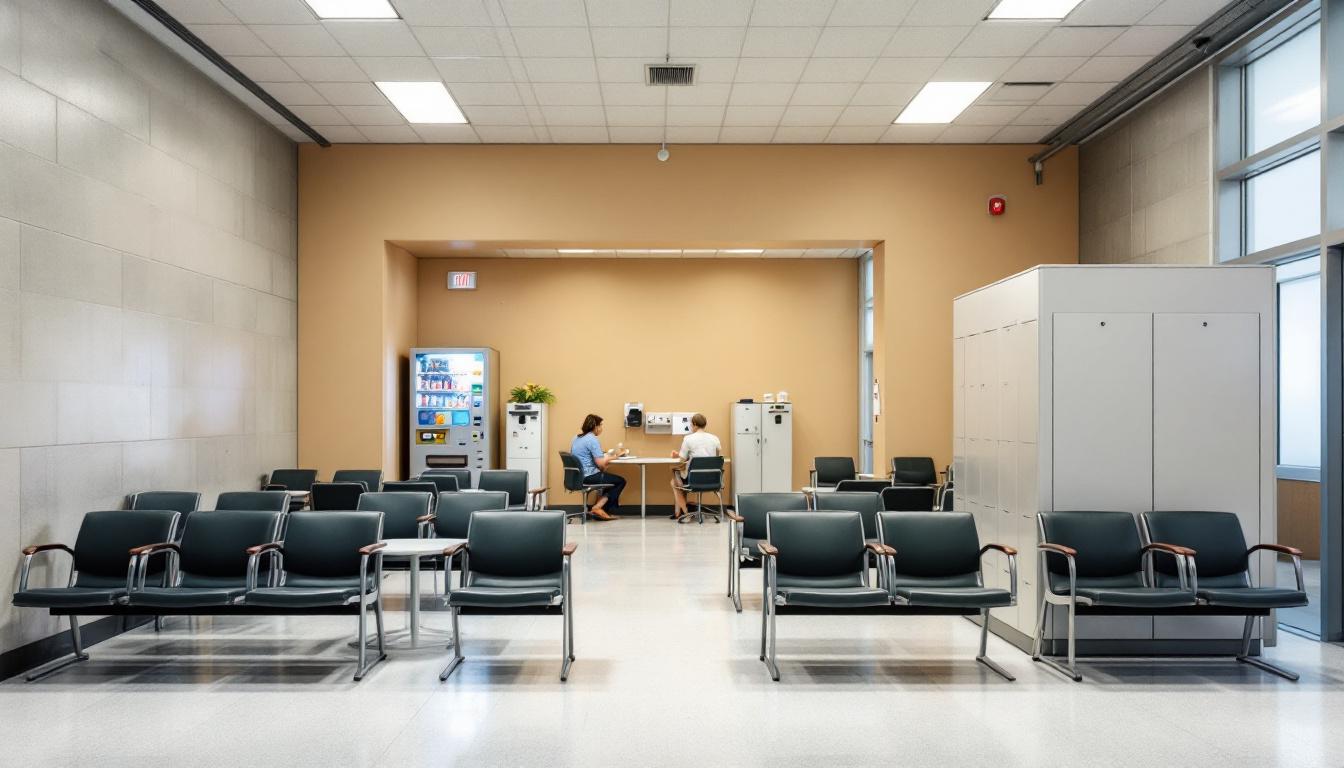
Maintaining connections with family members remains a cornerstone of the experience for those incarcerated at White County Detention Center. Today typically begins with early morning counts and meal service, while the facility consistently provides structured routines that help residents navigate their time meaningfully. The daily schedule generally includes designated periods for meals, recreation, and various programming opportunities that encourage positive social interaction among residents.
Housing arrangements at the facility typically feature dormitory-style or cell-based accommodations, where those incarcerated may share living spaces with other residents. Additionally, common areas furnish opportunities for social interaction during approved times throughout the day. Meals are generally served in designated dining areas, providing structured times when residents can engage with one another while maintaining appropriate facility protocols. The commissary system usually allows those incarcerated to purchase personal items and snacks, which often becomes a social activity as residents may share purchases or trade items within facility guidelines.
While security procedures maintain order and safety, the facility typically offers recreation periods that may include outdoor time, television viewing, and games that encourage community building among residents. Work assignments often provide those incarcerated with opportunities to contribute to facility operations while developing job skills and social connections with fellow workers. Visitation policies generally allow for regular contact with family members and loved ones, while phone access and correspondence help maintain crucial outside relationships. Programming schedules may include educational opportunities, religious services, and group activities that further support the community-focused environment essential for rehabilitation and maintaining family bonds.
Ready to Connect?
Start communicating with your loved one today
Search for an Inmate
